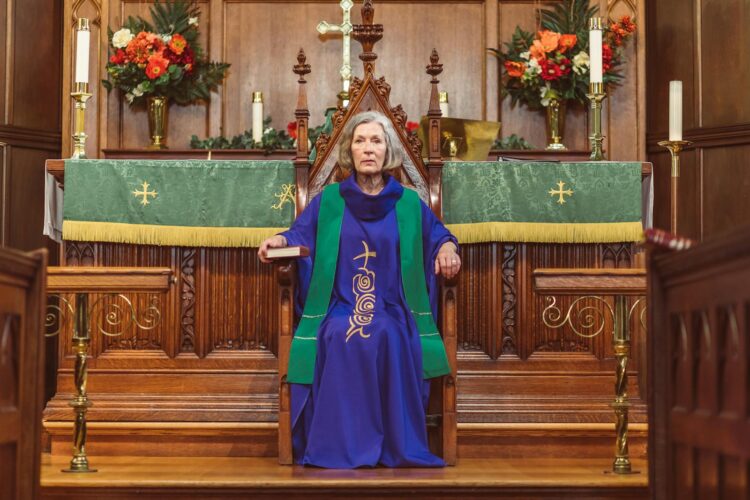
People talk about faith like it’s light and doubt like it’s shadow, but they often walk together. You can believe in something and still question it the next day. Most people do. It’s not about choosing one over the other—it’s about learning to live with both. Some nights, it feels like staring at the ceiling, wondering if anyone truly has it figured out. Here are 15 things Christians and atheists could learn from each other.
Questioning Doesn’t Mean Losing Faith

Curiosity doesn’t destroy belief. It keeps it alive. People who never question anything usually haven’t looked closely enough. The real loss comes when you stop caring altogether. Sometimes a question appears while folding laundry or driving home alone, but you don’t chase it away. You sit with it for a while, like an old friend who came by to talk instead of to fix things.
Kindness Doesn’t Need a Reason
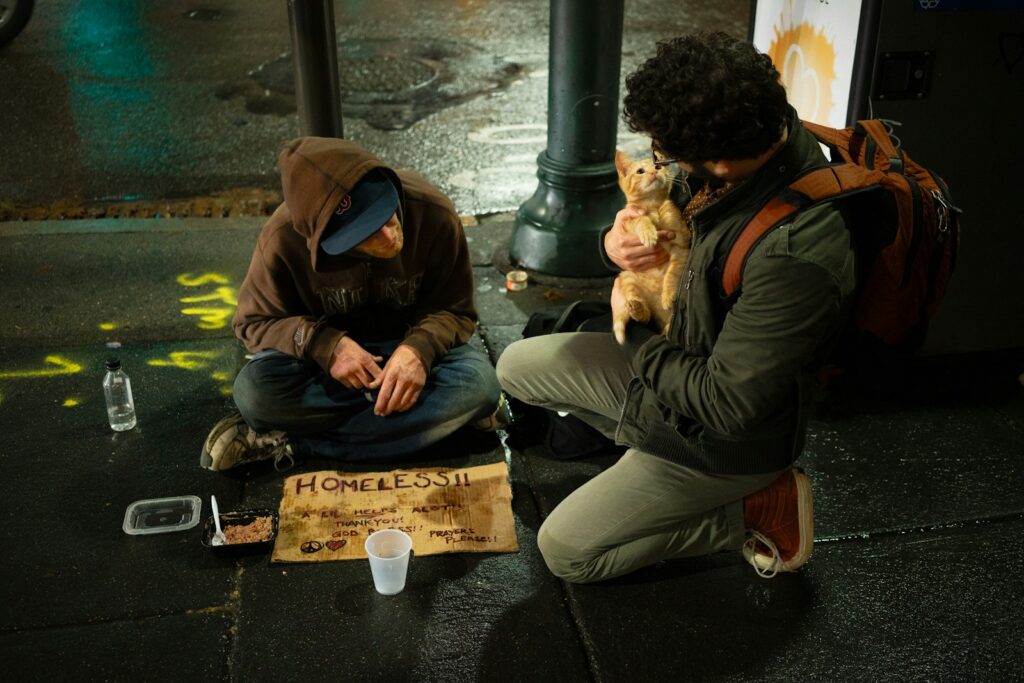
Atheists don’t do good for divine reward, and Christians don’t need disbelief to care selflessly. Both have proven that compassion isn’t exclusive to belief. A simple gesture—a neighbour helping you carry groceries, someone covering your coffee—reminds you that kindness stands on its own. No sermon or philosophy explains it better than seeing decency appear in small, ordinary moments.
Certainty Isn’t the Goal

Everyone wants to be sure they’re right. But life rarely offers that. Christians can learn from atheists’ comfort with uncertainty, just as atheists might see value in faith’s steadiness amid chaos. Sometimes it’s enough to sit with the unknown—to admit, “I don’t know,” without fear. Like watching a candle flicker in the dark, it’s the not-knowing that keeps us humble.
Morality Has More Than One Root

People often think morality comes only from belief, but that’s never been true. Some find it in empathy, while others find it in something bigger than themselves. What matters is how it shows up. It’s in the small things—helping when no one asks, being fair when it’s inconvenient, keeping your word when no one’s watching. Morality grows from what people choose to value, not just what they’re taught.
Community Means Everything
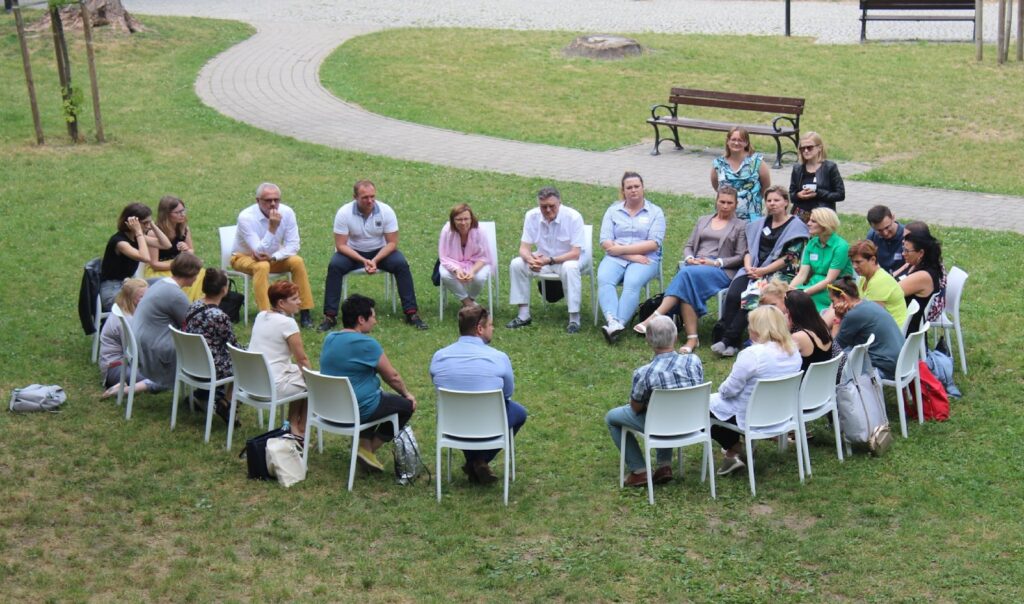
Churches have long been centres of belonging, where people sing, eat, and share burdens. Atheists, though, often build quiet communities too—book clubs, volunteer groups, online spaces that fill the same need for connection. Whether it’s a hymn or a late-night discussion over pizza, people crave the same thing: to be known. It’s not belief that builds community—it’s showing up.
Science and Spirituality Can Coexist

You don’t have to pick a side between facts and faith. Both seek understanding in their own unique way. Science explains how things happen, while spirituality asks why it matters. You can look through a telescope and feel both awe and belief at once. The more people learn about the world, the more wonder there seems to be waiting behind every discovery.
Humility Speaks Louder Than Conviction
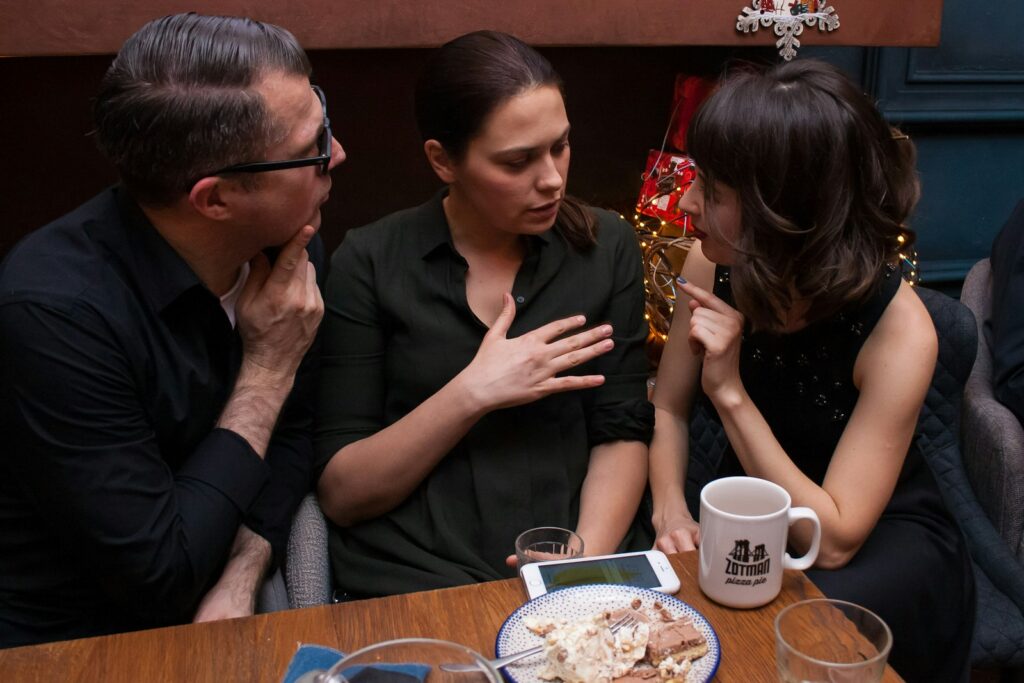
There’s power in saying, “I might be wrong.” Atheists often approach claims with scepticism, while Christians trust in unseen things. Both can lose humility when sure of themselves. Yet humility softens edges, opens ears, and keeps people human. You can feel it in a calm conversation where no one’s rushing to win—just two people trying to understand before replying.
Tradition Isn’t Always the Enemy of Change

Faith traditions give structure and meaning, but they can also resist growth. Atheists sometimes shed traditions too quickly, dismissing their comfort or beauty. There’s wisdom in both holding and releasing. Lighting a candle before dinner or keeping an old family saying alive can honour the past without being trapped by it. Balance makes belief—of any kind—feel alive.
Meaning Doesn’t Have to Be Supernatural

Many Christians find purpose in God’s plan; atheists create their own through work, love, or creativity. Both are chasing meaning, just through different doors. Watching someone dedicate years to a cause, or a parent quietly guiding their child, shows that purpose doesn’t need to be handed down—it can be built, shaped, and lived daily in small, human ways.
Forgiveness Is a Strength, Not a Weakness

Faith often teaches forgiveness, but atheists show that letting go isn’t owned by religion. You don’t need a verse to understand that resentment poisons peace. The hardest part is choosing release over pride. Whether it’s an old friend or a stranger who hurt you, forgiveness is less about approval and more about freeing yourself from what lingers too long.
Faith Can Learn from Evidence, and Evidence from Faith
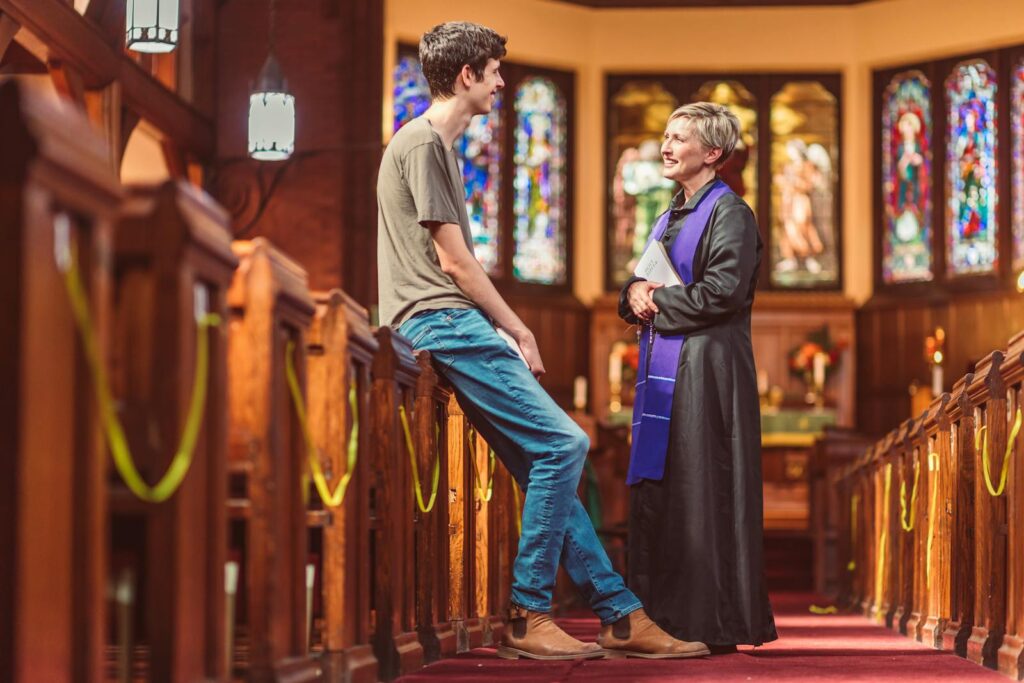
Believers find strength in unseen truths; sceptics rely on proof. Yet both can fall into rigidity. Atheists can learn that not everything measurable is meaningful, while Christians can benefit from asking for evidence instead of fearing it. It’s like watching the weather change—you can believe it’ll rain, but it’s smart to check the sky, too.
Silence Can Be Sacred

Atheists often find peace in nature, music, or stillness, without attaching it to worship. Christians call it prayer or meditation. Both meet the same calm. Whether sitting by a lake or standing in a quiet church, the world slows down in the same way. In those spaces, you don’t need to name what you feel—it’s enough to be there.
Labels Don’t Define Depth

Most people don’t fit neatly into the words used to describe them. Someone might never talk about faith, but lives with quiet kindness that speaks louder than any creed. Another might pray every morning and still wrestle with doubt. You start realising that labels are just shortcuts. They help people sort things out, but they never tell you the real story underneath. So labels can never define the people.
Hope Isn’t Exclusive

Some mornings feel heavier than others. Still, people get up, make coffee, check their messages, and try again. That’s hope—plain and ordinary. It’s not about belief or disbelief. It’s about choosing to keep going when nothing feels certain. Maybe that’s what faith really is, even for those who don’t call it that—the small, stubborn act of showing up anyway.
Love Transcends Belief

Love isn’t something people agree on—it’s something they live through. It shows up in unremarkable ways: waiting by the door, fixing a broken thing, sitting quietly beside someone sad. You don’t have to believe in anything higher to understand it. It’s what remains when the talking stops, when everyone’s tired, when belief and logic both fall short, and only care makes sense.

